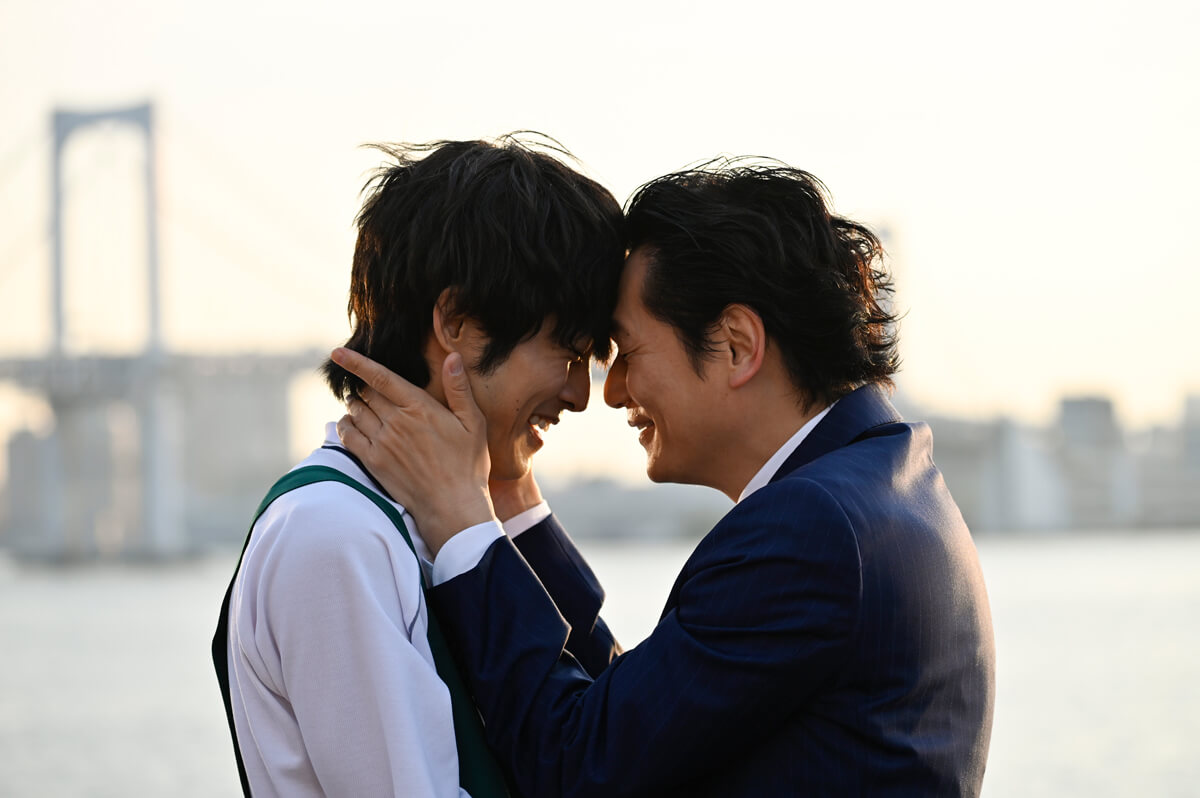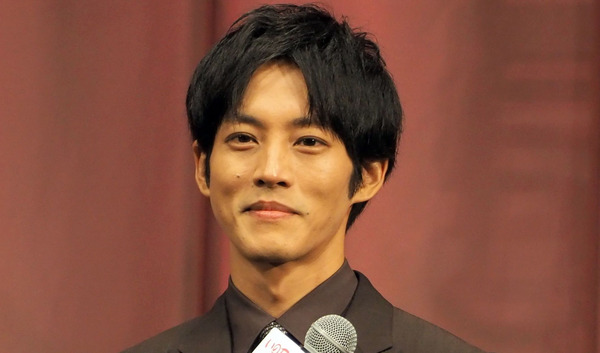Ima Koko Ni Aru Kiki to Boku no Kokando ni Tsuite (KokoBoku) is selected as one of the winners of Monthly GALAXY Awards for May.
Press comment below.
"Minimal the meaningful words to the public is the correct risk management in Japan," and repeating the same sentence no matter what is asked at a press conference, was demonstrated by the Prime Minister in his answer to the Diet 2 days after the drama aired, which made us want to laugh and cry at the same time. we applaud the fact that this satire was aired in the prime time.
Congratulations! Happy!
🎉🎉🎉🎉🎉
It's the only drama among the 4 winners.
The Galaxy Award (ギャラクシー賞, Gyarakushī-shō) is a Japanese production award for television, radio and commercials. It was established in 1963 and is one of the most important awards in the Japanese television industry.





